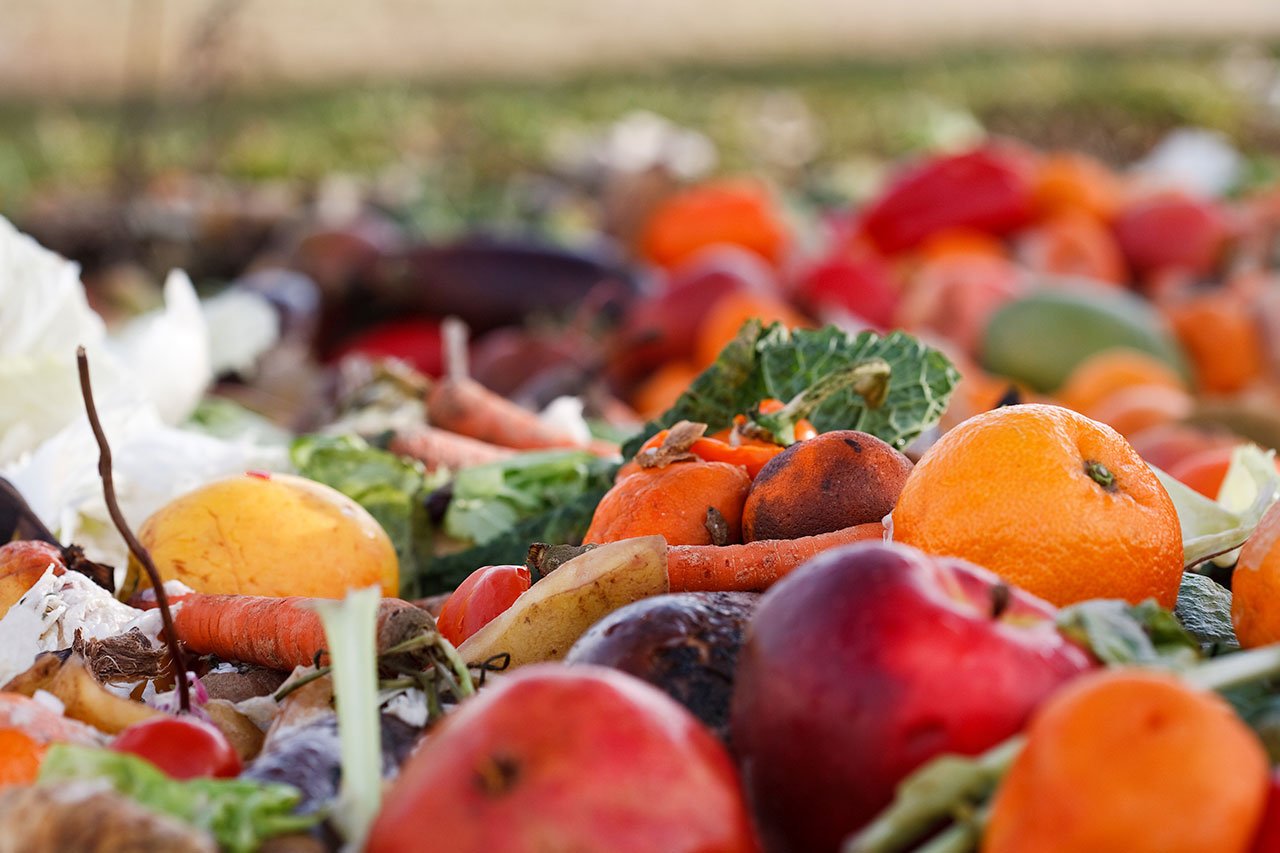Amendments serve to improve the structure of organic soil by increasing its ability to hold oxygen, retain moisture, and provide adequate drainage.
Ideal composition involves breaking down clay, building up sand, and adjusting levels to settle on the ideal pH needed to facilitate growth for the environment in question.
Amendments can include alfalfa meal, Azomite, blood meal, bone meal, chicken manure, coconut coir, compost, greensand, gypsum, kelp meal, dolomite lime, rock dust, rock phosphate, shellfish meal, sulfur, Sul-Po-Mag, worm castings. These substances increase organic content, subsequently supplying and encouraging microbes, which stimulate the health and growth of plants.
The Nutrient Advantage
The primary nutrients found in amendments range from nitrogen, phosphorus and potassium to carbon, hydrogen and oxygen. These aid the overall functions of the plant, enabling the foliage, fruit, and flower growth to flourish from the root, while also protecting against disease.
This effect is enhanced by the presence of secondary nutrients—magnesium, calcium, and sulfur, as well as micronutrients—boron, zinc, iron, manganese, chlorine, copper, molybdenum, nickel and cobalt. Through the combination of these forces, amendments can turn gardens into nutrient-rich paradises where plants can thrive.
Administering the Amendments
To incorporate amendments, it’s advisable to mix them into the soil at least three weeks prior to planting, or earlier, layering about two to three inches thick. They can be added as a sort of mulch around plantings each spring, preferably before the rainy season begins.
Amendments should be decomposed to the point of containing no recognizable source materials to accomplish the desired task of adding nutrients, attracting earthworms, supporting beneficial bacteria and microbiological activity in soil. Elements such as nitrogen are gradually changed into materials that can be used over time; this decomposition is facilitated best in soil that is moist, warm, well-aerated, and at the proper pH level.
Sourcing the Supplements
Composted animal manures are typically the best source of fertilizer and matter for organic gardeners, though they can be useful for other gardens as well. In certain instances, they may not be naturally well-balanced, requiring garden fertilizer to supplement. They should always be composted before use to reduce the risk to food safety.
Other alternatives include plant manure, made from decomposed plants; homemade compost, a compilation of kitchen scraps and/or yard waste; or homemade or purchased blends.
For further information on organic soil, amendments, composting and more, contact Long Island Compost today.








